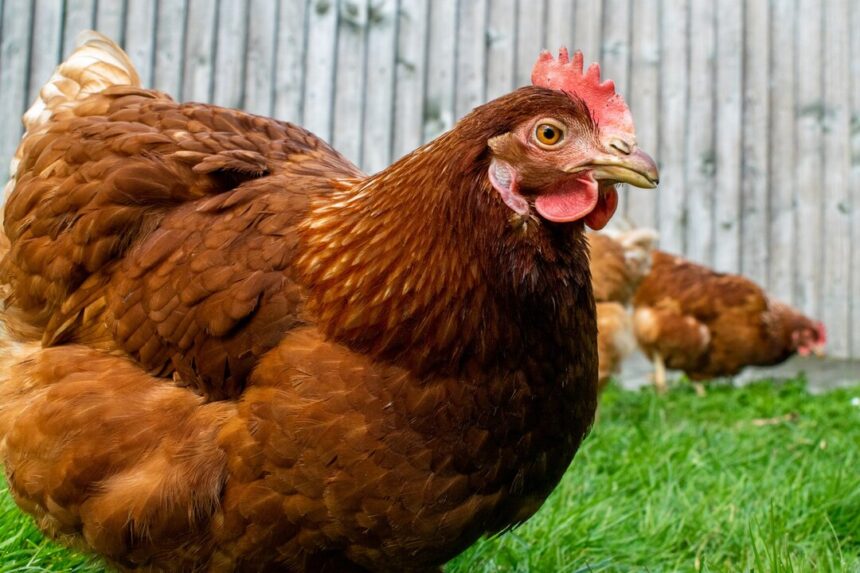Breeding poultry, particularly indigenous breeds like the Tokai Super Brown Chicken, has garnered significant interest among farmers and enthusiasts in South Africa. Renowned for their hardiness, productivity, and adaptability to local conditions, Tokai Super Browns offer a promising avenue for sustainable poultry farming. Here are ten essential things you should know about breeding Tokai Super Brown Chickens in South Africa:
1. Origin and Heritage:
The Tokai Super Brown Chicken is an indigenous breed developed in South Africa specifically for the local market. Bred for superior egg production and adaptability to varying climatic conditions, these chickens have gained popularity among farmers seeking reliable and resilient breeds.
2. High Egg Production:
One of the key attributes of Tokai Super Browns is their exceptional egg-laying capacity. Hens from this breed are known to produce a high volume of eggs consistently throughout the year, making them highly sought after for commercial egg production ventures.
3. Robust Health and Hardiness:
Tokai Super Browns are renowned for their robust health and hardiness, making them well-suited to diverse environmental conditions. Their ability to thrive in different climates and terrain types contributes to their popularity among farmers across South Africa.
4. Dual-Purpose Breed:
While Tokai Super Browns are primarily valued for their egg-laying capabilities, they also possess attributes that make them suitable for meat production. Their moderate size and efficient feed conversion rates make them a viable option for farmers seeking dual-purpose breeds.
5. Adaptability to Free-Range Systems:
Tokai Super Browns exhibit a natural inclination towards free-range systems, where they can forage and roam freely. Their independent nature and strong foraging instincts make them well-suited to extensive farming practices, contributing to sustainable and ethical poultry production.
6. Temperament and Behavior:
Known for their docile and friendly temperament, Tokai Super Browns are relatively easy to manage and handle. Their calm disposition makes them suitable for both commercial operations and backyard farming, where they can coexist harmoniously with humans and other livestock.
7. Nutritional Requirements:
Like all poultry breeds, Tokai Super Browns require a balanced diet consisting of high-quality feed, fresh water, and essential nutrients. A well-formulated diet plays a crucial role in supporting their growth, health, and egg-laying performance.
8. Housing and Shelter:
Providing adequate housing and shelter is essential for the health and well-being of Tokai Super Brown Chickens. Well-ventilated coops or housing structures that protect them from predators, adverse weather conditions, and disease transmission are crucial for maintaining a productive flock.
9. Breeding and Reproduction:
Tokai Super Browns are known for their reproductive efficiency, with hens typically reaching maturity and commencing egg-laying at around 18-20 weeks of age. Effective breeding programs can further enhance the genetic traits and productivity of the breed over successive generations.
10. Market Demand and Opportunities:
Given their prolific egg-laying capacity and adaptability, Tokai Super Brown Chickens are in high demand in the South African poultry market. Farmers who breed and raise these chickens stand to benefit from lucrative opportunities in both the egg and meat sectors, contributing to the growth and sustainability of the poultry industry.
Breeding Tokai Super Brown Chickens presents an exciting opportunity for poultry farmers in South Africa to harness the potential of this indigenous breed. With their exceptional egg-laying capacity, adaptability, and robust health, Tokai Super Browns offer a pathway to sustainable and profitable poultry farming ventures. By understanding and leveraging the unique characteristics of this breed, farmers can unlock its full potential and contribute to the growth and resilience of the poultry industry in South Africa.
Join 'Farmers Mag' WhatsApp Channel
Get the latest Farming news and tips delivered straight to your WhatsApp
CLICK HERE TO JOIN






